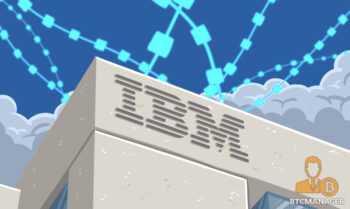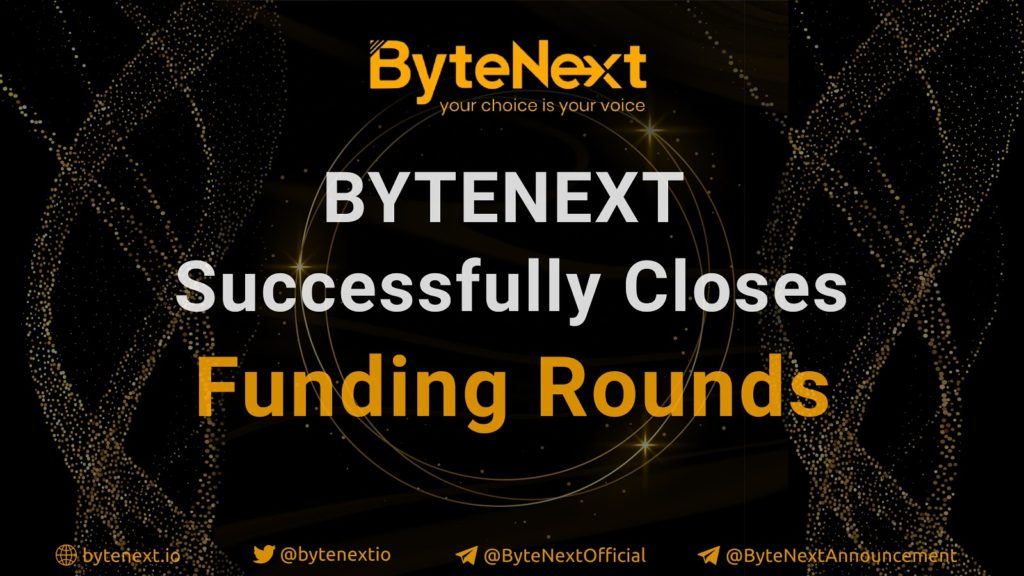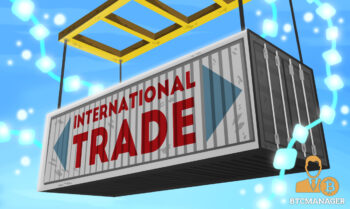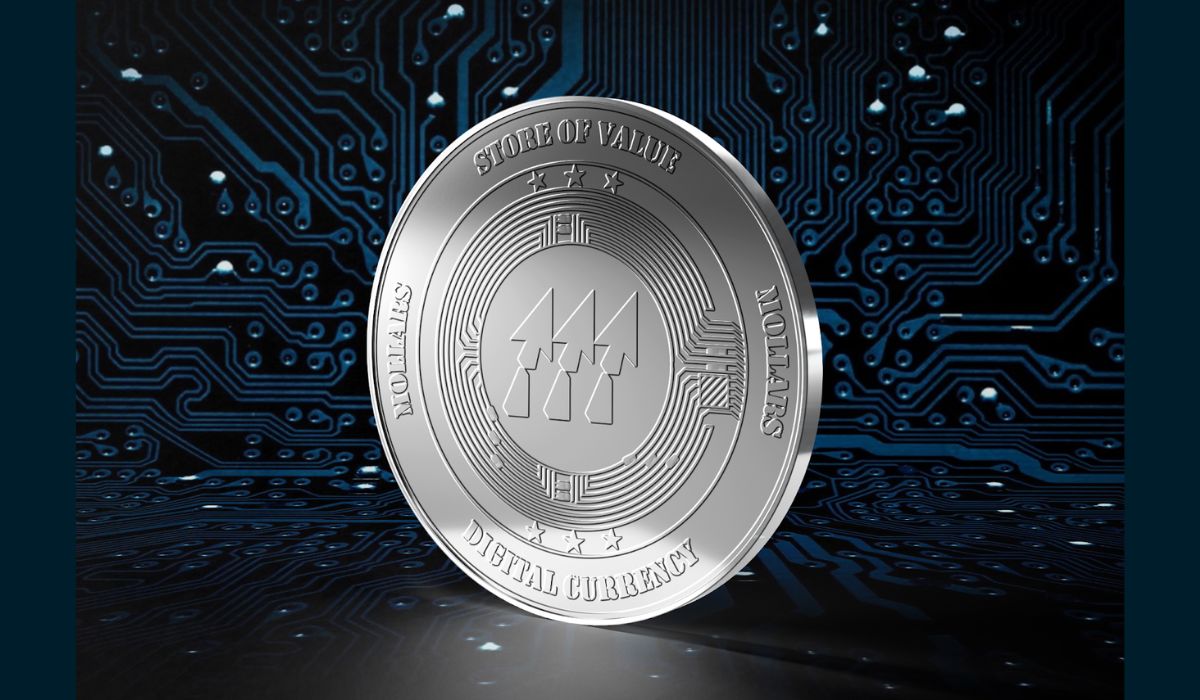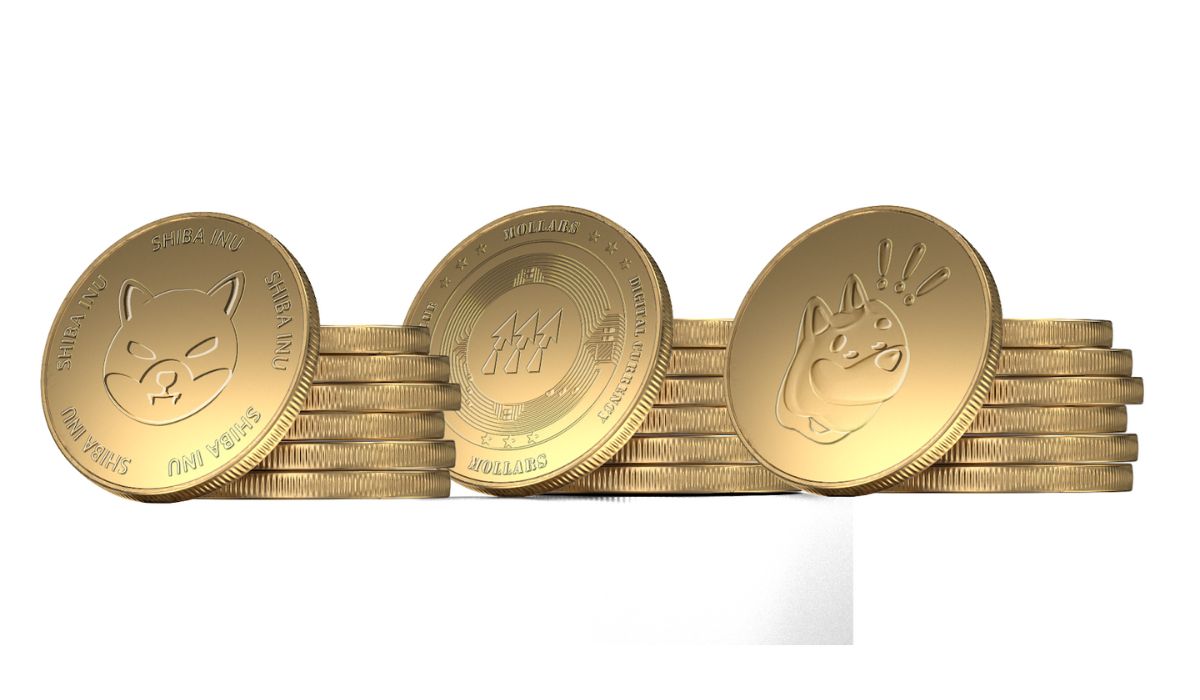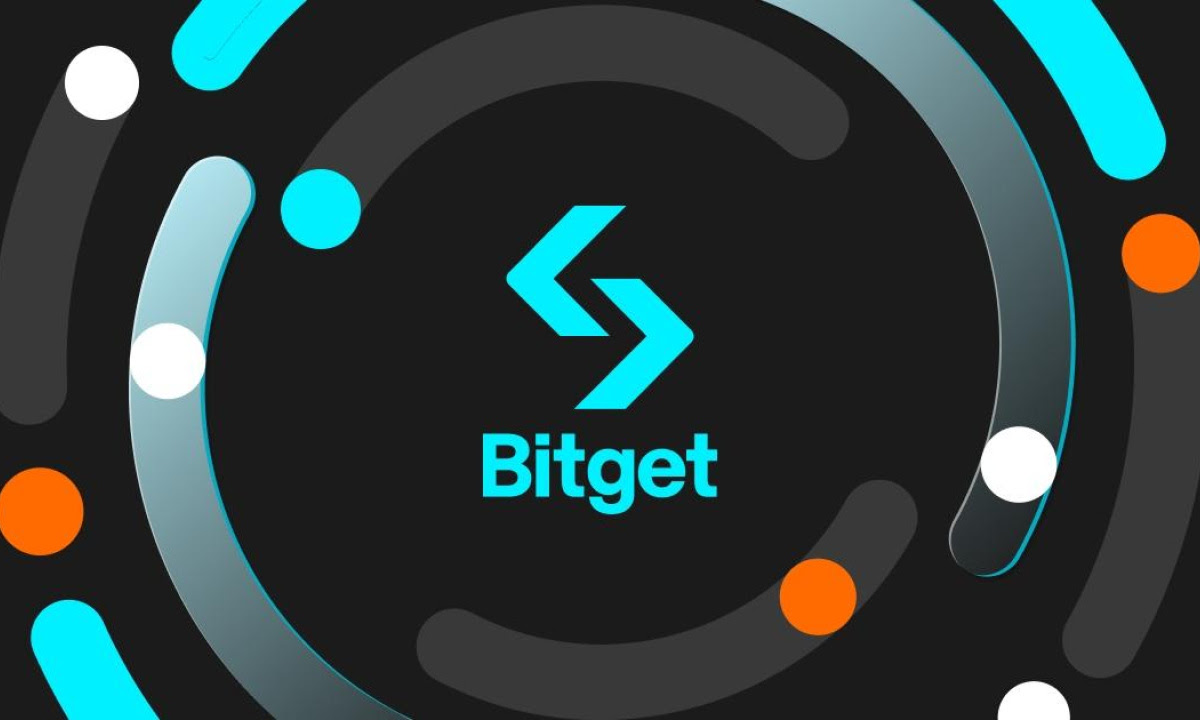
2022-3-26 11:49 |
Blockchain technology and the vivid range of products and services built upon it are touted as the “key drivers” of the next wave of innovation across the traditional and digital ecosystems.
The transition from Web2 to Web3 is happening faster than ever, as is evident from the growing popularity of blockchain-native applications. In the last couple of years, decentralized platforms have taken over Web-2 based platforms. For instance, Audius, Chingari, and Axie Infinity are just a few of the projects disrupting traditional business models with their novel approaches. Albeit new, these platforms have successfully amassed tens of millions of users across the globe, with their communities growing even bigger with each passing day.
This is just the beginning of the Web3 revolution, with the next wave of decentralized applications expected to amass even more participation from the internet’s nearly 5 billion global users.
Battling The Problem Of Latency
Over the years, hundreds of market researchers have pointed out that “speed” matters a lot, especially from the user’s perspective. Almost a decade ago, when the modern internet (Web2) was shaping up, Amazon revealed that it cost them 1% of sales for every 100 milliseconds of latency. Web2 search engine giant Google, too, discovered that for every additional 0.5 seconds of delay in search result generation, traffic dropped by 20%.
With time and the advancement of technology, the expectations of end-users have increased manifold. These days, consumers need everything at the click of a button. The current version of the “centralized” internet is equipped to handle the surge of customers and the need for zero-latency services to a degree.
But with Web3, things are a bit different. In the context of computing, latency refers to the total delay between an input and the generated output. However, in the context of blockchain, latencies are the time intervals between the submission of a transaction to the underlying network and receiving the first confirmation of acceptance.
The majority of the existing blockchain networks are slow compared to existing Web2 standards. For instance, a single transaction on the Bitcoin network takes almost 10 minutes. On the Ethereum network, confirmation can take up to 30 seconds or more depending on the network congestion – which is still slow by modern standards.
While legacy networks are battling latency issues, up-and-coming blockchains like Solana claim to deliver transaction speeds of up to 65,000 TPS (transactions per second). That’s a lot of speed, but when it comes to latency, developers need to review it from the user’s perspective, which is why they need to double-check the infrastructure they are using to connect to the main chain.
This is where node service providers like QuickNode come into play. QuickNode offers lightning-fast global APIs to hundreds of traditional companies that want to incorporate blockchain technology within their existing business models. The platform has over 3,000 global nodes and is serving more than 70 billion API requests per month. At present, QuickNode is compatible with ten blockchains, including Bitcoin, Binance Smart Chain, Celo, Terra, xDai, Optimistic, Polygon, Fantom, Ethereum, and Solana.
Transparent Benchmarking Report By QuickNode
Showcasing its performance with other node providers, the QuickNode team recently released an extensive case study where it compared its globally distributed API network against public endpoints in the Solana ecosystem. The platform received tremendous appreciation from the crypto community for transparently publishing its benchmarking data.
To that extent, QuickNode has now published yet another benchmarking report, comparing its services with other node service providers on the Ethereum ecosystem. In a similar fashion to their previous test, the QuickNode team constructed a data-driven and results-oriented comparison reflecting everyday use cases for Ethereum dApps, focusing on the latency (measured in milliseconds).
During the 28 days of the testing period, the QuickNode team processed transactions from 16 different locations across Europe, Asia, and North America to their respective network service providers. Data accumulated during the process was then recorded and analyzed to create the benchmark.
By comparing and contrasting two of the top-five Ethereum calls, one “cached” – Eth_getTransactionReceipt and the other “non-cached” – eth_call, between February 1 and February 28, 2022, the QuickNode team released the following result:
Compared to node providers Infura (541.3 ms) and Alchemy (485.6ms), the average response time for cached calls on QuickNode was 217.7 ms.For non-cached calls, QuickNode delivered an average response time of 196.0 ms. Infura stood at 449.7 ms for the same duration, while Alchemy’s response time was 487.9 ms.The average difference between QuickNode and other service providers was roughly 2.4x for both cached and non-cached callsBlockchain’s latency problem is one of the most significant barriers hampering more widespread adoption. However, to a large extent, QuickNode has managed to overcome this challenging dilemma through its globally-distributed nodes, as evidenced by its spectacular test results.
Similar to Notcoin - TapSwap on Solana Airdrops In 2024
Advanced Technology Coin (ARC) на Currencies.ru
|
|







